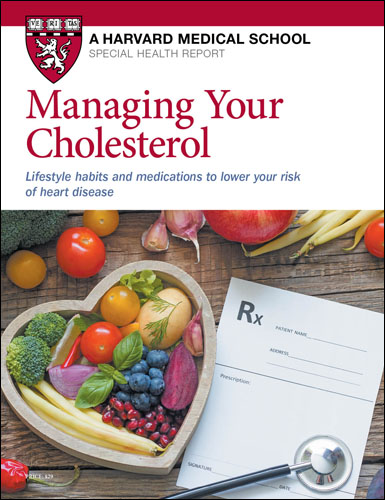Does early heart disease run in your family?
Because heart disease is so prevalent, the odds that one or more of your relatives has some type of heart problem are pretty high. But you should pay special attention if someone in your immediate family — a parent or sibling — had a heart attack or related issue at a relatively young age. Known as premature or early coronary artery disease, this condition refers to a heart attack that occurs before age 55 in a man or before age 65 in a woman.
To continue reading this article, you must log in.
Subscribe to Harvard Health Online for immediate access to health news and information from Harvard Medical School.
- Research health conditions
- Check your symptoms
- Prepare for a doctor's visit or test
- Find the best treatments and procedures for you
- Explore options for better nutrition and exercise
I'd like to receive access to Harvard Health Online for only $4.99 a month.
Sign Me UpAlready a member? Login ».
About the Author

Julie Corliss, Executive Editor, Harvard Heart Letter
Disclaimer:
As a service to our readers, Harvard Health Publishing provides access to our library of archived content. Please note the date of last review or update on all articles.
No content on this site, regardless of date, should ever be used as a substitute for direct medical advice from your doctor or other qualified clinician.
















